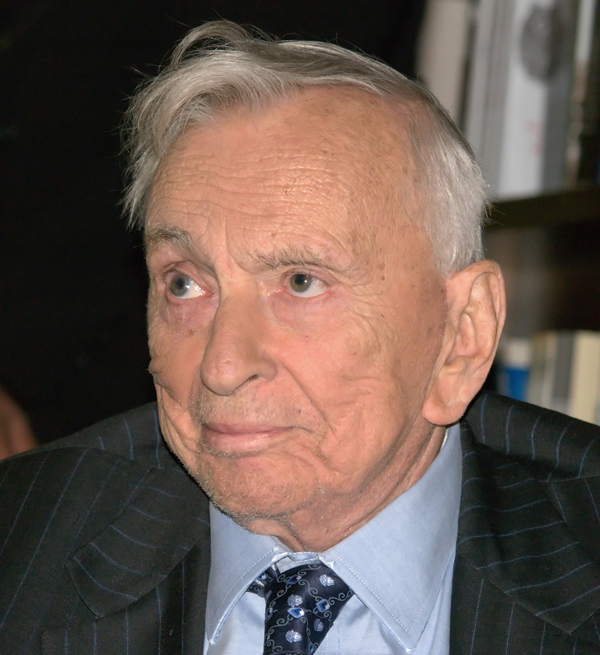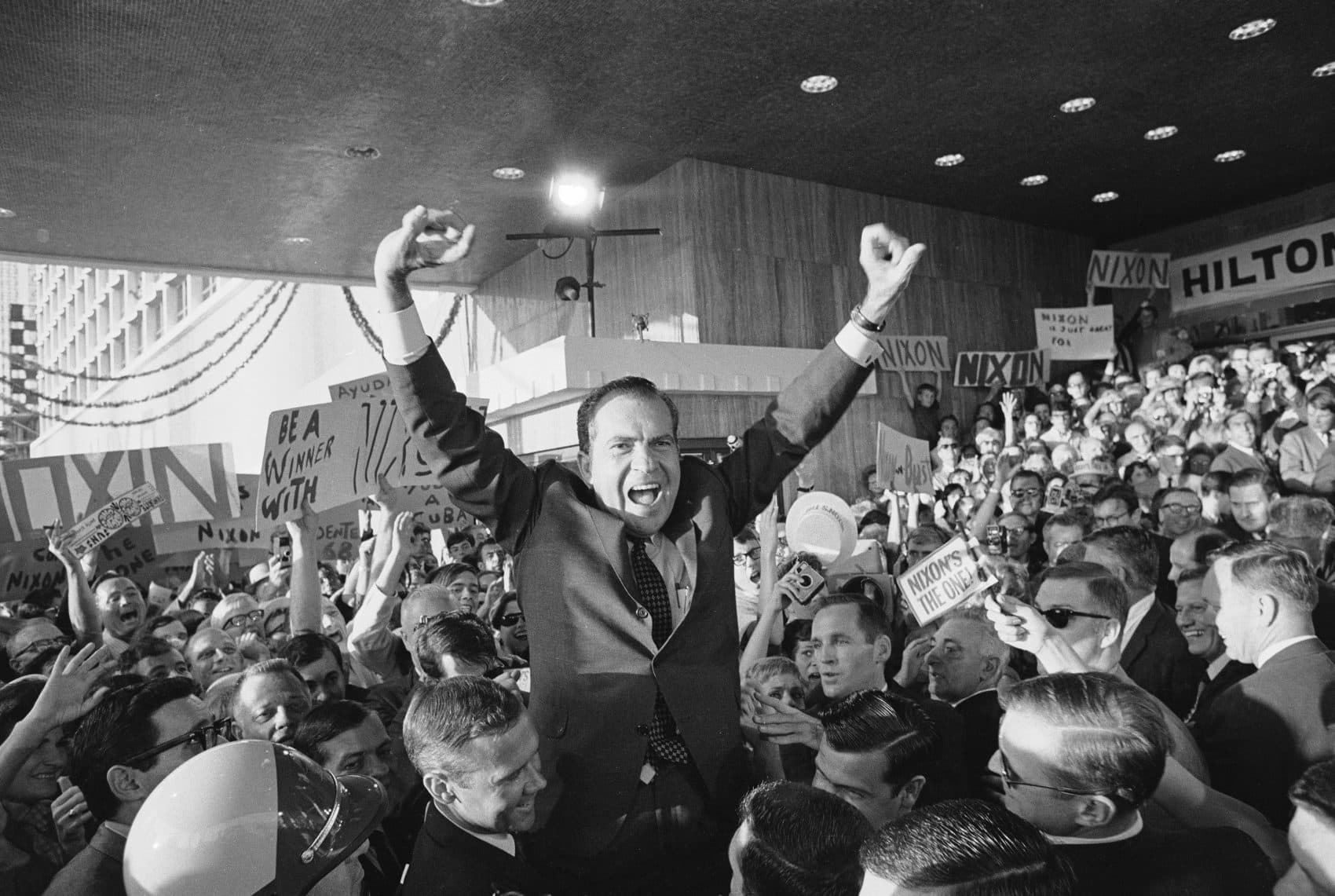Forward: Looking Back
Forward: Looking Back...

Photo by David Shankbone
Excerpts from Looking Back at Gore VidalPhoto by David Shankbone
31 July 2012 -- Gore Vidal passed away from pneumonia at the age of 86. Looking back at this colossus in American politics is much too much to cover in a single article. He was an author, a philosopher, and a political thinkers whose ideas far outstripped his campaign abilities and his quiet influence has steered this country through the Post-War Period...
Looking back at his written work, his lifelong public feud with Former Rep. William Buckley Jr. and the Conservative Movement, and his periods of alliance with and antagonism of a number of American Presidents; all can agree that Gore Vidal lived quite an incredible life...
As the 2012 Presidential Election exits the primaries and gets into full swing, I’m sure Mr. Vidal’s criticisms of modern American life will be well out of the minds of the average American, who is more focused on trouble in the Middle East, Climate Change, and the IFTA. Maybe just think of these words: “As the Era of Television progresses the Kennedys will be the rule, not the exception. To be perfect for television is all a President has to be these days, and they were.”
The States of 2012
In the United States, there is a creeping sense of the ending of something. Nobody can really pin down what, but many have ideas. Perhaps we are at the tale end of a cultural revolution, with the emergence of new genres and sounds perhaps having hit their peak and are doomed to remain stagnant. Or perhaps the current Party System is due for a shake up and the Presidential Election will reach a more consequential conclusion than it had felt at the dawn of the primary season. Or perhaps it's something bigger that is at an end. Everybody has their own thoughts on what is about to happen, but nobody is very certain.
The young are itching for an event, a history, to call their own while the old are glad for whatever breathing room the country and the world have been offered. They feel as though they have lived many lifetimes through their television screens.
Own Thoughts
This TL is going to focus on politics, culture, and general history from 1968 until 2012, with a main focus on American politics, but plenty going on across the world. The Point of Divergence is Robert Kennedy not being assassinated at the Ambassador Hotel on June 5th of 1968. From there, all of history changes.
My goal with this TL is to create a world that I enjoy as well as believe in. I want to try to veer as much towards reality as possible while creating a version of events that results in a world that’s just a little bit happier, a little bit more hopeful, and has a bit more to look forward to than I feel our current state allows. In this TL, I hope to inspire a more positive approach to Alternate History than the rises of fascism, devastation of nuclear war, and general cynicism I feel is too easy to slip into thanks to current events.
One thing I plan to do is make the Baby Boomers something more than they ended up being. Emerging in the 60s as a powerful force for change, their spirit eventually fizzled out in a way that has seriously tainted their image. They will get a fair shake here, perhaps even bordering on a wank. As for the Kennedys, I've got big plans for them too . I plan not to go overboard with it, and I hope I play everything out in a way that is both believable and to my liking!
. I plan not to go overboard with it, and I hope I play everything out in a way that is both believable and to my liking!
I plan to post twice a week, but that may not happen. I will probably write significantly earlier than I will post, but I don’t plan on finishing this very quickly or really drawing it out that much either. I hope everybody enjoys and the real first part will either be posted tonight or tomorrow afternoon.
My goal with this TL is to create a world that I enjoy as well as believe in. I want to try to veer as much towards reality as possible while creating a version of events that results in a world that’s just a little bit happier, a little bit more hopeful, and has a bit more to look forward to than I feel our current state allows. In this TL, I hope to inspire a more positive approach to Alternate History than the rises of fascism, devastation of nuclear war, and general cynicism I feel is too easy to slip into thanks to current events.
One thing I plan to do is make the Baby Boomers something more than they ended up being. Emerging in the 60s as a powerful force for change, their spirit eventually fizzled out in a way that has seriously tainted their image. They will get a fair shake here, perhaps even bordering on a wank. As for the Kennedys, I've got big plans for them too
I plan to post twice a week, but that may not happen. I will probably write significantly earlier than I will post, but I don’t plan on finishing this very quickly or really drawing it out that much either. I hope everybody enjoys and the real first part will either be posted tonight or tomorrow afternoon.
- President Benedict Arnold
